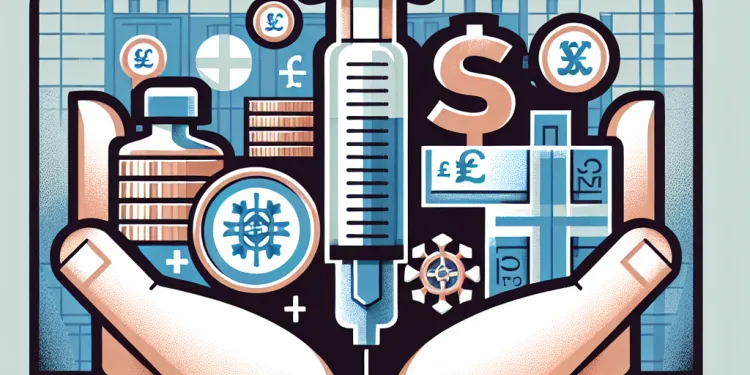
Find Help
More Items From Ergsy search
-
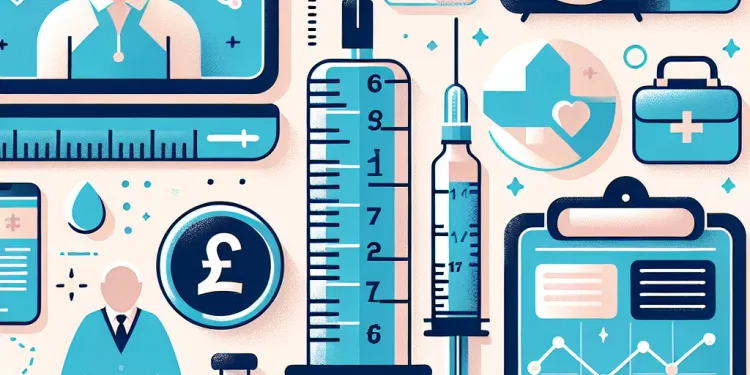
At what age should one get the shingles vaccine?
Relevance: 100%
-
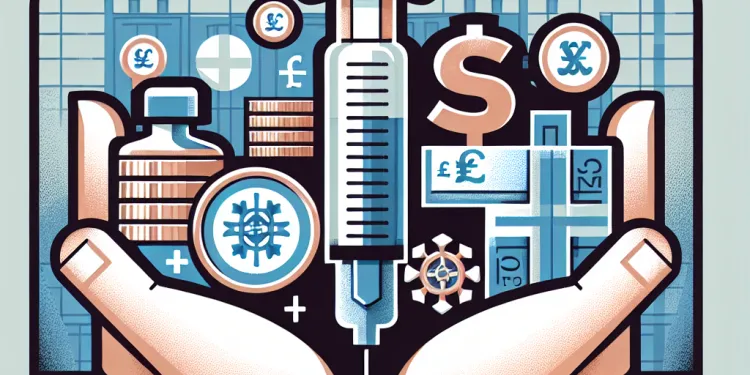
At what age should one get the shingles vaccine?
Relevance: 99%
-

Is the shingles vaccine safe?
Relevance: 94%
-
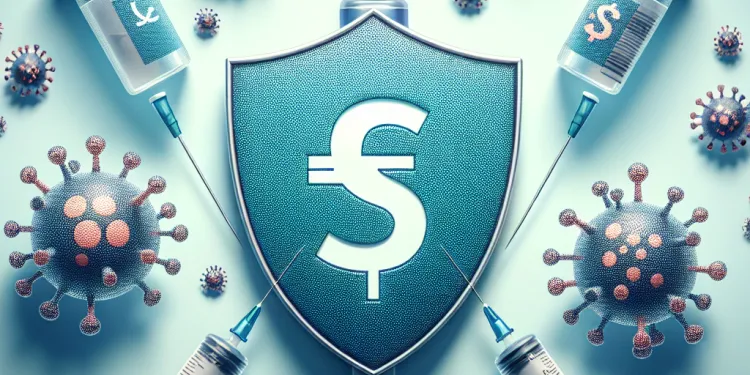
Can the shingles vaccine cause chickenpox?
Relevance: 86%
-

Can the shingles vaccine cause chickenpox?
Relevance: 85%
-

What is Shingles?
Relevance: 76%
-

Can shingles be prevented?
Relevance: 76%
-

Can shingles be prevented?
Relevance: 74%
-
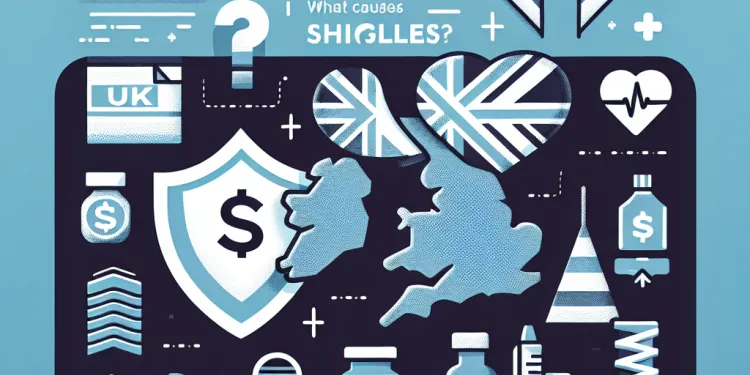
What causes shingles?
Relevance: 73%
-
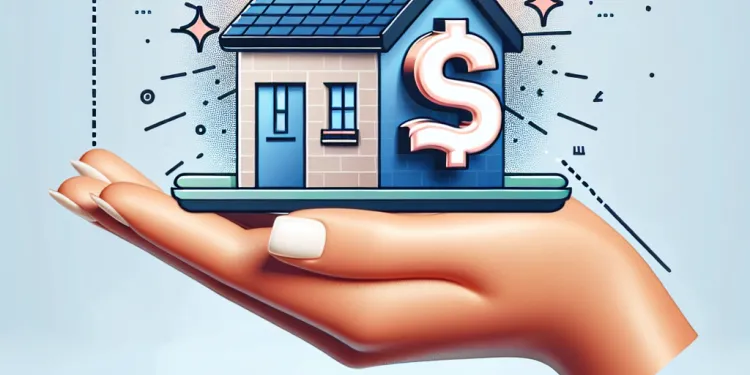
Is shingles contagious?
Relevance: 72%
-

What causes shingles?
Relevance: 71%
-

What is shingles?
Relevance: 71%
-

Is shingles contagious?
Relevance: 71%
-
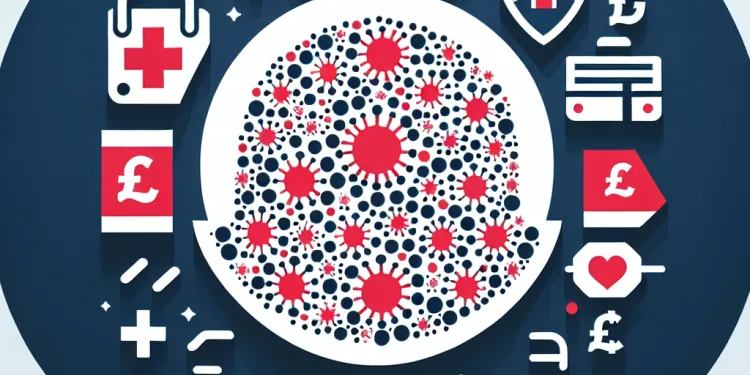
Are there any complications associated with shingles?
Relevance: 70%
-

Who is at risk of developing shingles?
Relevance: 69%
-

What treatments are available for shingles?
Relevance: 65%
-

What treatments are available for shingles?
Relevance: 65%
-

Are there any complications associated with shingles?
Relevance: 64%
-
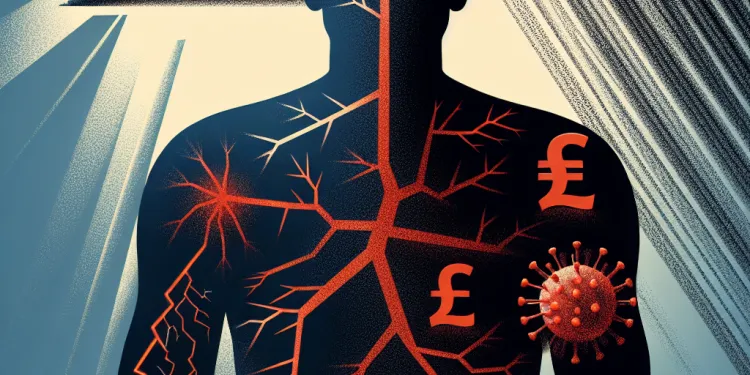
Can stress trigger shingles?
Relevance: 58%
-

Can stress trigger shingles?
Relevance: 57%
-
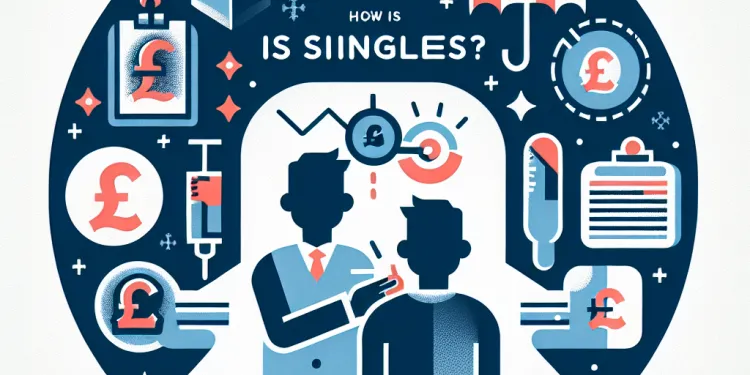
How is shingles diagnosed?
Relevance: 56%
-
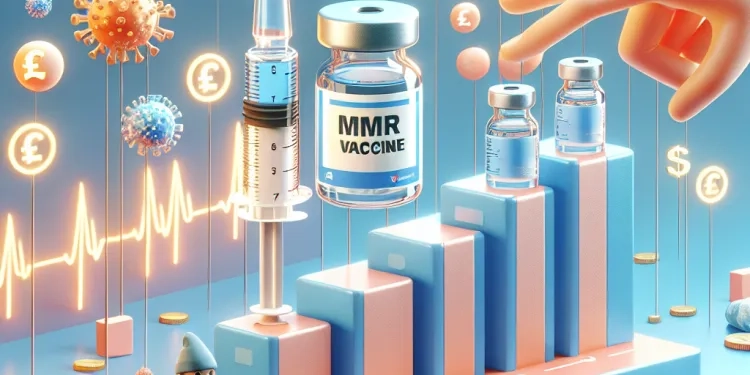
At what age is the MMR vaccine given in the UK?
Relevance: 56%
-
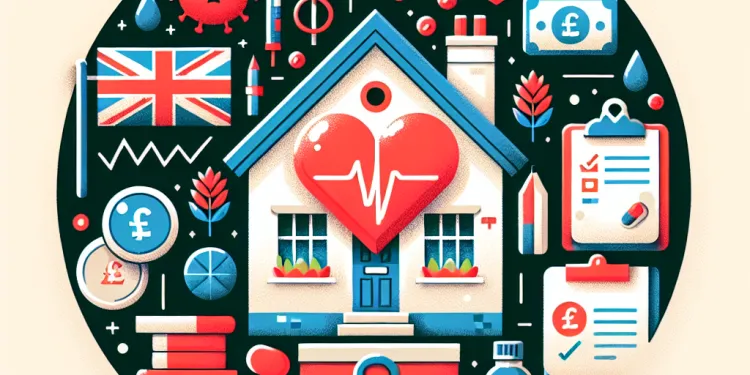
What are the symptoms of shingles?
Relevance: 54%
-

At what age should children receive the MMR vaccine?
Relevance: 52%
-
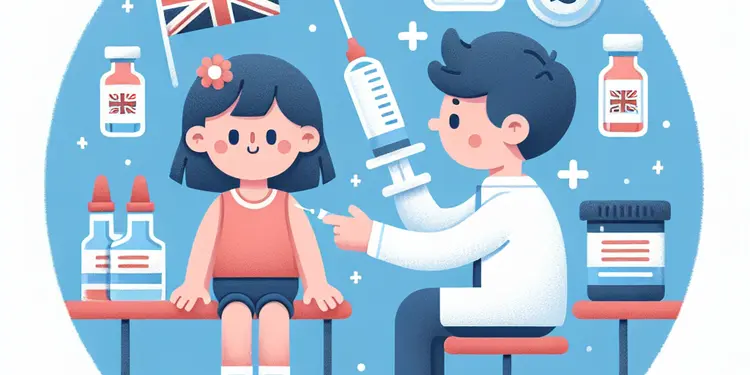
At what age should children receive the meningococcal vaccine?
Relevance: 52%
-
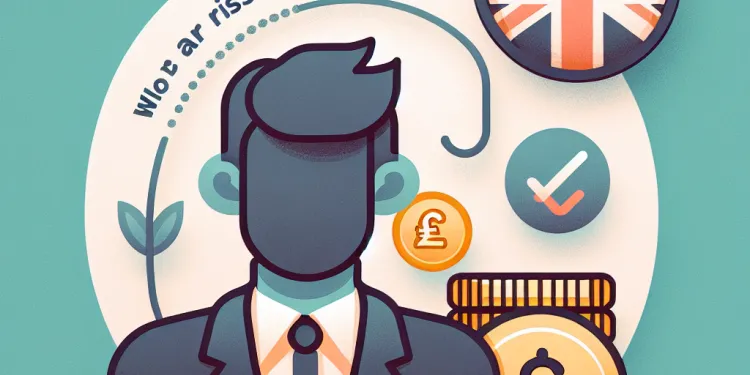
Who is at risk of developing shingles?
Relevance: 48%
-

Can everyone receive vaccines?
Relevance: 47%
-
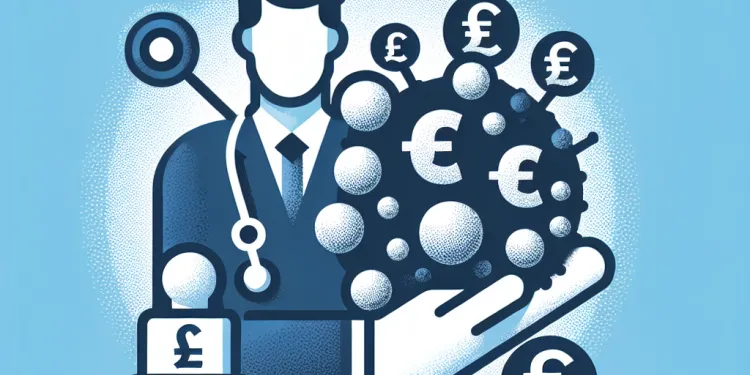
What should I do if I think I have shingles?
Relevance: 44%
-
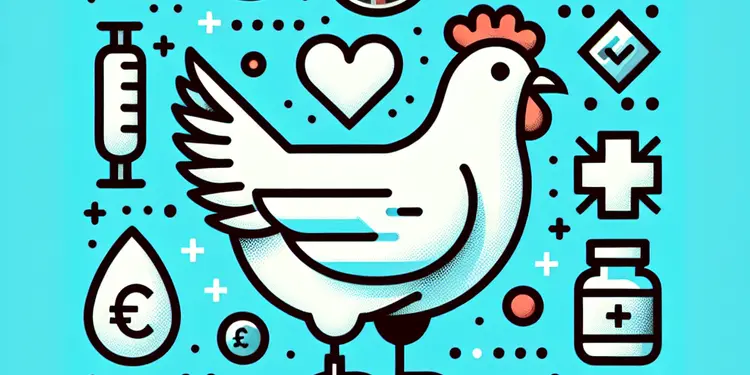
Should I get the chickenpox vaccine?
Relevance: 44%
-

How long does a shingles outbreak last?
Relevance: 41%
-

Are there vaccines for meningitis?
Relevance: 41%
-

Who should get the chickenpox vaccine?
Relevance: 41%
-
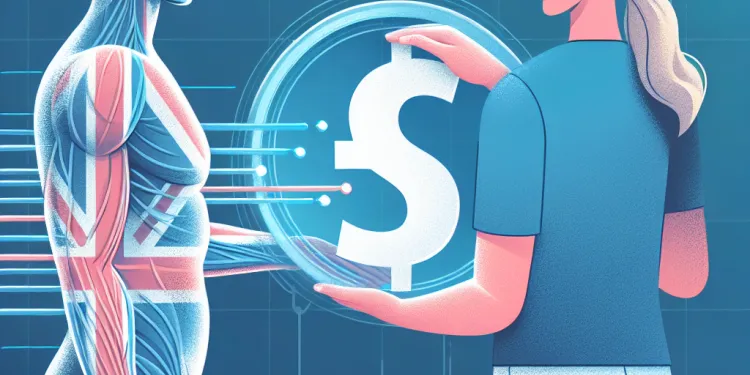
What is postherpetic neuralgia?
Relevance: 41%
-

Children's Vaccination Schedule
Relevance: 40%
-

Is there a vaccine for H3N2?
Relevance: 39%
-

Do men need the HPV vaccine?
Relevance: 39%
-
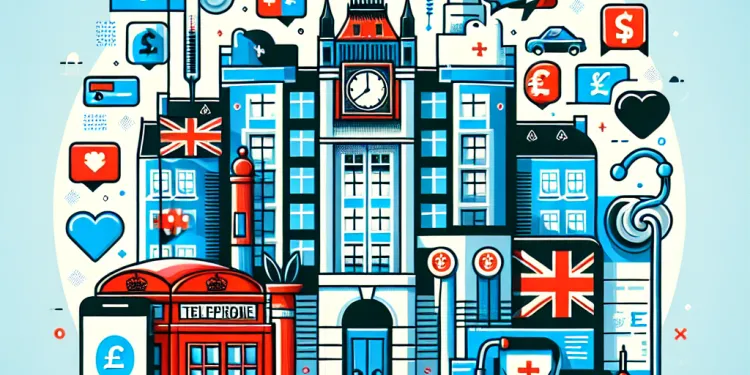
What is postherpetic neuralgia?
Relevance: 39%
-

Can you get chickenpox more than once?
Relevance: 39%
-

Is the flu vaccine free for everyone in the UK?
Relevance: 39%
-
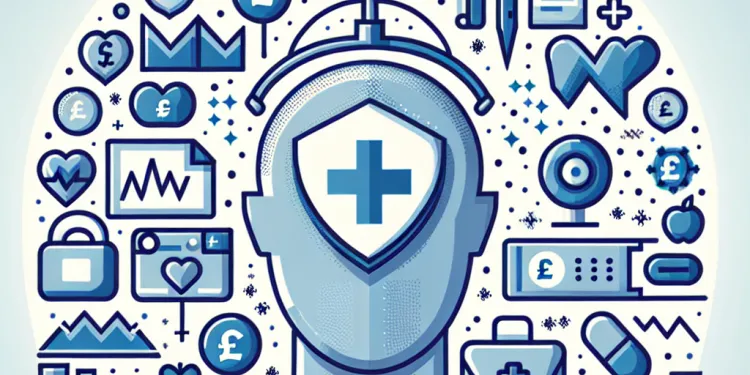
How is shingles diagnosed?
Relevance: 39%
Introduction to Shingles
Shingles, also known as herpes zoster, is a painful skin rash caused by the varicella zoster virus, the same virus that causes chickenpox. While it can occur at any age, it is most common in older adults. The condition can lead to severe complications such as postherpetic neuralgia (PHN), a prolonged nerve pain after the rash has cleared. Thankfully, there is a vaccine available that significantly reduces the risk of developing shingles and its associated complications.
The Recommended Age for Vaccination
In the UK, the shingles vaccine is offered to adults aged 70 to 79. The NHS recommends two vaccines for shingles: Zostavax and the newer Shingrix. While Zostavax is a single-dose vaccine, Shingrix requires two doses, spaced 2 to 6 months apart. Shingrix is known to be more effective and offers longer-lasting protection. It is particularly advisable for those aged 70, as immunity tends to weaken with age, making older adults more susceptible to the virus.
Importance of Vaccination at the Recommended Age
Vaccinating at the recommended age significantly reduces the likelihood of developing shingles and its complications. The immune system becomes less robust with age, and those over 70 are at a higher risk. Studies have shown that the effectiveness of the shingles vaccine decreases as people age so receiving the vaccination early in the age bracket ensures maximum efficacy. By getting vaccinated between the ages of 70 and 79, seniors can protect themselves against a painful and potentially debilitating condition.
Exceptions and Special Considerations
Individuals who have a weakened immune system or are undergoing treatments that compromise immunity may occasionally receive the vaccine, but this is evaluated on a case-by-case basis. It is important to consult with a healthcare provider to discuss personal health factors and whether vaccination is appropriate. Additionally, those who have had shingles in the past can also receive the vaccine, as it can help prevent future occurrences and reduce the risk of complications.
Conclusion
While there is no cure for shingles, vaccination is a powerful preventive measure. In the UK, individuals are encouraged to receive the shingles vaccine when they reach their 70s, with the aim of reducing the incidence and impact of the disease. Those who are eligible for the vaccination should take advantage of this opportunity to protect their health, reduce their chances of developing shingles, and enjoy a better quality of life as they age.
Introduction to Shingles
Shingles is a skin rash that hurts. It's caused by a virus, the same one that causes chickenpox. Shingles can happen to anyone, but it's more common in older people. If you don't treat it, it can lead to more pain that lasts a long time, called postherpetic neuralgia (PHN). There is a vaccine that helps you not get shingles and the problems it can bring.
The Recommended Age for Vaccination
In the UK, people aged 70 to 79 are given the shingles vaccine. There are two vaccines: Zostavax and the newer one, Shingrix. Zostavax is one shot. Shingrix is two shots, and you get them 2 to 6 months apart. Shingrix works better and lasts longer. It's best for people aged 70 because as you get older, your body gets weaker, and it's easier to get sick.
Importance of Vaccination at the Recommended Age
Getting the vaccine when you're supposed to makes it much less likely you'll get shingles or have problems from it. Our bodies don't fight off germs as well when we're older, especially after 70. Studies show vaccines work better at younger ages. So getting the vaccine between 70 and 79 is best. This way, older people can stay safe from a painful sickness.
Exceptions and Special Considerations
Some people can't get vaccines if their bodies can't fight germs well, like if they're sick or on certain medicines. A doctor will decide if the vaccine is safe for them. Even if someone had shingles before, they can still get the vaccine. It can stop them from getting shingles again or help avoid further problems.
Conclusion
There's no cure for shingles, but the vaccine can stop it. In the UK, older people should get the vaccine when they turn 70. This helps stop them from getting sick and having a better, happier life as they grow older. If you can get the vaccine, it's a good idea to do it to stay healthy and avoid shingles.
Frequently Asked Questions
What age is recommended for receiving the shingles vaccine?
The shingles vaccine is generally recommended for adults aged 50 and older.
Is there an age when I should not get the shingles vaccine?
There is no upper age limit for receiving the shingles vaccine; it is important to discuss with your healthcare provider if you have any concerns.
Why is age 50 the recommended age for the shingles vaccine?
Age 50 is recommended because the risk of developing shingles increases as people get older, and earlier vaccination can help prevent the disease.
Can people younger than 50 receive the shingles vaccine?
The vaccine is generally recommended for those 50 and older, but individuals with specific medical conditions should consult their healthcare provider.
Is it necessary to get the shingles vaccine even if I've already had chickenpox?
Yes, it is recommended because shingles is caused by the reactivation of the chickenpox virus.
Should I get the shingles vaccine if I've never had chickenpox?
Even if you don't remember having chickenpox, vaccination is recommended, as most adults carry the virus.
Can the shingles vaccine be received earlier if I'm at high risk?
Consult your healthcare provider if you believe you're at higher risk; they can provide guidance specific to your situation.
What are the benefits of getting the shingles vaccine at age 50?
Getting vaccinated at age 50 can help prevent shingles and its complications, such as postherpetic neuralgia.
Are there different types of shingles vaccines available for those over 50?
Yes, the most commonly recommended vaccine is the recombinant zoster vaccine (Shingrix).
Is there a different vaccine schedule for someone over 60?
The same two-dose Shingrix schedule is recommended for those 50 and older, including individuals over 60.
Can I get vaccinated for shingles at my local pharmacy?
Yes, many pharmacies offer the shingles vaccine. It's best to check availability and scheduling.
Is there a specific time of year that is best to receive the shingles vaccine?
There is no specific time of year recommended for the shingles vaccine; it can be received at any time.
What considerations should be made for people with chronic conditions regarding the shingles vaccine?
People with chronic conditions should discuss vaccination with their healthcare provider to ensure it's appropriate for their health status.
Is the shingles vaccine covered by insurance for those over 50?
Most insurance plans cover the shingles vaccine for adults 50 and older, but you should verify with your provider.
Are there any known side effects for those over 50 receiving the shingles vaccine?
Common side effects include soreness at the injection site, fatigue, and mild fever, which generally subside quickly.
If I received the old shingles vaccine, do I need to get the new one at age 50?
Yes, Shingrix is recommended even if you received the older Zostavax vaccine because it provides stronger protection.
How effective is the shingles vaccine for people over 50?
The shingles vaccine (Shingrix) is highly effective for preventing shingles and its complications in people aged 50 and older.
Should I delay getting vaccinated if I'm unwell at age 50?
If you have a moderate or severe acute illness, it's best to wait until you recover before getting the vaccine.
Can people over 50 with weakened immune systems get the shingles vaccine?
Immunocompromised individuals should consult their healthcare provider to discuss the risks and benefits of vaccination.
What are the consequences of not getting the shingles vaccine by age 50?
Without vaccination, you remain at risk for shingles and its severe complications, such as postherpetic neuralgia.
How old should you be to get the shingles shot?
It is important to know when to get the shingles vaccine.
You should talk to a doctor or nurse about it.
Most people should get it when they are 50 years old or older.
Use a calendar or set a reminder to help remember when it's time to get it.
The shingles vaccine is usually for adults who are 50 years old and up.
Is there a time when I should not get the shingles jab?
The shingles jab is a medicine that helps stop you from getting a painful rash. It is best for older people. If you are younger, talk to your doctor to see if you need it.
Helpful tools:
- Talk to your doctor or nurse. They can give you advice.
- Use a calendar to remember when you need jabs.
There is no age limit for getting the shingles vaccine. If you are worried, talk to your doctor or nurse.
Why should people get the shingles shot at age 50?
Doctors say it is good to get the shingles shot when you turn 50. This helps keep you safe from shingles.
Shingles can make you feel very sick and cause pain. It is more common in older people. Getting the shot can protect you.
If you want more help, ask your doctor or pharmacist. They can explain more and help you stay healthy.
Doctors say to get the shingles vaccine at age 50. This is because getting shingles is more common as you get older. Getting the vaccine early can stop you from getting sick.
Can people under 50 get the shingles vaccine?
Yes, they can. Talk to your doctor to see if it's good for you. They can help you decide.
It's a vaccine that helps protect against shingles, a painful skin rash. You might need it if you have a weak immune system.
Ask an adult if you need help reading this. They can explain more.
The vaccine is usually for people who are 50 years old and older. But if you have certain health problems, you should talk to your doctor.
Do I need to get the shingles shot if I had chickenpox before?
Yes, it is a good idea to get the vaccine. Shingles happens when the chickenpox virus becomes active again.
Can I get the shingles shot if I've never had chickenpox?
Here is a simple answer:
Even if you never had chickenpox, you can still get the shingles shot.
Shingles is a painful rash. Getting the vaccine can help protect you.
It's a good idea to talk to your doctor about it.
You can also ask someone you trust for help. Maybe a friend or a family member.
Reading tools like text-to-speech can help you understand better.
Even if you do not remember having chickenpox, it is a good idea to get the vaccine. Most adults have the virus in their bodies.
Can I get the shingles vaccine sooner if I am at high risk?
Talk to your doctor if you think you are at risk. They can help you with advice that is right for you.
Why should you get the shingles vaccine when you are 50?
Getting the vaccine when you are 50 years old can stop you from getting shingles. Shingles can cause problems like pain that lasts a long time.
If you find reading hard, you can ask someone to read it to you or use a tool that reads out loud. It's okay to read slowly and take your time!
Are there different types of shingles vaccines for people over 50?
Yes, there are vaccines to help prevent shingles. If you are over 50, talk to your doctor about which vaccine is best for you.
Helpful tips:
- Ask a family member or friend to help you understand information about vaccines.
- Use pictures and videos to learn more about shingles and vaccines.
Yes, most people should get a shot called Shingrix. It helps stop shingles.
Does a person over 60 need different vaccine shots?
People who are 50 years old or older should get two doses of the Shingrix vaccine. This includes people over 60 too.
Can I get a shingles shot at my local pharmacy?
Yes, lots of pharmacies have the shingles vaccine. It's a good idea to ask if they have it and to find out when you can get it.
When is the best time to get the shingles vaccine?
You can get the shingles vaccine any time of the year. There is no special time that is better.
If you need help, ask a doctor or nurse. They can tell you when you should get the vaccine.
You can get the shingles vaccine any time of the year. There is no special time you need to wait for.
What should people with long-term illnesses think about before getting the shingles shot?
If you are often sick, talk to your doctor before getting a vaccine. They can tell you if it is safe for you.
Does insurance pay for the shingles vaccine for people over 50?
If you are over 50 and you want the shingles vaccine, check with your insurance. It might pay for it.
You can ask your doctor or your insurance company to help you.
If you find it hard to read, you can use tools that read out loud or ask a friend to help you understand.
Most health insurance pays for the shingles shot for people who are 50 years old or older. But you should check with your insurance to make sure they cover it.
Does the shingles shot have any side effects for people over 50?
Sometimes, people over 50 might feel some side effects after getting the shingles shot. These can be:
- A sore arm where you got the shot.
- Feeling tired.
- Headache.
- Muscle pain.
- Fever or feeling hot.
- Shivering.
- Stomach ache or feeling sick.
If you feel worried or the side effects last long, talk to your doctor or nurse. They can help you feel better.
Common side effects are:
- Pain where you got the shot.
- Feeling really tired.
- A little bit of a fever.
These usually go away fast.
Ask someone you trust to explain more if you need help. It’s okay to ask questions.
I got the old shingles shot. Do I need the new one when I turn 50?
Yes, it is good to get the Shingrix shot even if you had the older Zostavax shot before. Shingrix gives better protection.
How well does the shingles vaccine work for people over 50?
The shingles shot, called Shingrix, works really well. It helps stop shingles from happening and also stops problems that can come after shingles. It is good for people who are 50 years old and older.
Tools that can help you understand or learn more:
- Ask someone to read this to you.
- Look at pictures about shingles to understand better.
- Watch a simple video about the shingles shot.
Should I wait to get the vaccine if I'm sick and 50 years old?
If you are very sick right now, it's a good idea to get better before you get the shot.
Can people older than 50 with weak body defenses get the shingles shot?
If you are over 50 years old and your body is not good at fighting germs, you can still get a shot to stop shingles.
Ask your doctor for advice. They can tell you if it's a good idea for you.
If reading is hard, try using a highlighter to mark important words. You can also ask someone to help read with you.
People who get sick easily should talk to their doctor about getting vaccinated. The doctor can help them understand what is good and bad about getting the vaccine.
What happens if you don't get the shingles vaccine by age 50?
If you do not get the shingles shot by age 50, you might get sick. Shingles can cause pain and make you feel very bad. It is important to talk to a doctor. They can help you understand more.
You can ask someone to help you read information about the vaccine. You can use tools like audiobooks or picture stories to learn better.
If you do not get the vaccine, you can still get shingles. Shingles can make you very sick and cause problems like strong pain called postherpetic neuralgia.
Useful Links
This website offers general information and is not a substitute for professional advice.
Always seek guidance from qualified professionals.
If you have any medical concerns or need urgent help, contact a healthcare professional or emergency services immediately.
- Ergsy carfully checks the information in the videos we provide here.
- Videos shown by Youtube after a video has completed, have NOT been reviewed by ERGSY.
- To view, click the arrow in centre of video.
- Most of the videos you find here will have subtitles and/or closed captions available.
- You may need to turn these on, and choose your preferred language.
- Go to the video you'd like to watch.
- If closed captions (CC) are available, settings will be visible on the bottom right of the video player.
- To turn on Captions, click settings .
- To turn off Captions, click settings again.
More Items From Ergsy search
-

At what age should one get the shingles vaccine?
Relevance: 100%
-

At what age should one get the shingles vaccine?
Relevance: 99%
-

Is the shingles vaccine safe?
Relevance: 94%
-

Can the shingles vaccine cause chickenpox?
Relevance: 86%
-

Can the shingles vaccine cause chickenpox?
Relevance: 85%
-

What is Shingles?
Relevance: 76%
-

Can shingles be prevented?
Relevance: 76%
-

Can shingles be prevented?
Relevance: 74%
-

What causes shingles?
Relevance: 73%
-

Is shingles contagious?
Relevance: 72%
-

What causes shingles?
Relevance: 71%
-

What is shingles?
Relevance: 71%
-

Is shingles contagious?
Relevance: 71%
-

Are there any complications associated with shingles?
Relevance: 70%
-

Who is at risk of developing shingles?
Relevance: 69%
-

What treatments are available for shingles?
Relevance: 65%
-

What treatments are available for shingles?
Relevance: 65%
-

Are there any complications associated with shingles?
Relevance: 64%
-

Can stress trigger shingles?
Relevance: 58%
-

Can stress trigger shingles?
Relevance: 57%
-

How is shingles diagnosed?
Relevance: 56%
-

At what age is the MMR vaccine given in the UK?
Relevance: 56%
-

What are the symptoms of shingles?
Relevance: 54%
-

At what age should children receive the MMR vaccine?
Relevance: 52%
-

At what age should children receive the meningococcal vaccine?
Relevance: 52%
-

Who is at risk of developing shingles?
Relevance: 48%
-

Can everyone receive vaccines?
Relevance: 47%
-

What should I do if I think I have shingles?
Relevance: 44%
-

Should I get the chickenpox vaccine?
Relevance: 44%
-

How long does a shingles outbreak last?
Relevance: 41%
-

Are there vaccines for meningitis?
Relevance: 41%
-

Who should get the chickenpox vaccine?
Relevance: 41%
-

What is postherpetic neuralgia?
Relevance: 41%
-

Children's Vaccination Schedule
Relevance: 40%
-

Is there a vaccine for H3N2?
Relevance: 39%
-

Do men need the HPV vaccine?
Relevance: 39%
-

What is postherpetic neuralgia?
Relevance: 39%
-

Can you get chickenpox more than once?
Relevance: 39%
-

Is the flu vaccine free for everyone in the UK?
Relevance: 39%
-

How is shingles diagnosed?
Relevance: 39%


